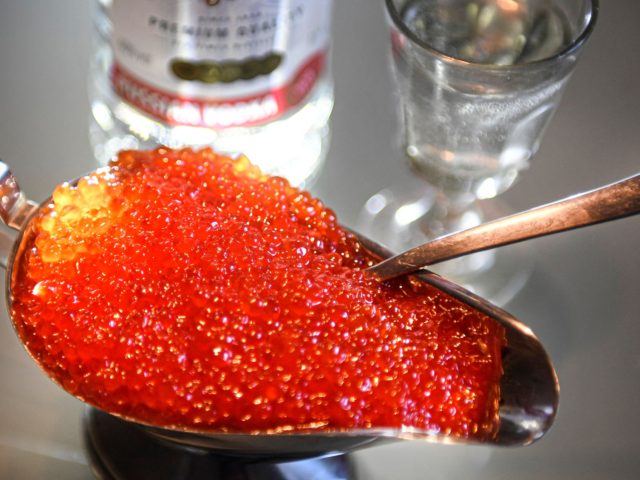Despite initial hesitancy, both the UK and EU have committed to banning the export of luxury goods to Russia.
Russia is to soon be hit with a number of sanctions banning the export of luxury goods to the country after its invasion of Ukraine.
Both Britain and the European Union have committed themselves to implementing such bans, despite both being initially hesitant to do so.
According to a report by POLITICO, a number of EU officials have confirmed that the bloc will be banning the export of a wide variety of sought-after goods to Vladimir Putin’s Russia, including the likes of caviar, certain wines, diamonds, electronic goods, among a wide variety of other things.
“We will ban the export of any EU luxury goods from our countries to Russia, as a direct blow to the Russian elite,” European Commission President Ursula von der Leyen has previously said regarding the now detailed ban.
Von der Leyen also committed her bloc to implementing further restrictions against Russia’s energy sector, though these will still reportedly far short of banning Russian oil, as implemented by the U.S. and UK.
The United Kingdom is also to implement a similar ban on luxury exports to Russia, with the country banning the likes of British cars, high-end fashion, and art from ending up in Russian hands.
‘Global Food Crisis’ Ukraine War Will Have ‘Catastrophic’ Effect on Global Food Supply – Agri Org https://t.co/UcIXowiQVA
— Breitbart London (@BreitbartLondon) March 8, 2022
Both the EU and UK’s import bans come after both blocs initially refused to implement such a ban late last month.
However, the two western powers not only appear to have U-turned on the measures, but appear to have done so with significant enthusiasm, with Sky News also reporting that Britain is imposing a 35 per cent tariff on Russian imports such as Vodka and fertilizer.
This is despite the fact that the UK looks to be facing significant food insecurity as a result of the war in Ukraine, and crop yields could suffer if there is a fertiliser shortage.
Such a shortage is also expected to have a knock-on effect on produce prices, with the price of food having already risen by 4.3 per cent in February alone.
Britons have already experienced the largest fall in real-term wages since 2014, with the worst yet to come according to predictions from one UK think tank.
“Considering the impact on petrol and energy costs alone leads us to estimate the monthly peak of inflation will now exceed 8 per cent this spring, and could rival the 8.4 per cent reached in 1991 (in turn the highest inflation since 1982),” a report from the Resolution Foundation on the matter of inflation reads.
“High inflation will make falling real household incomes the defining economic feature of 2022,” it continued.

COMMENTS
Please let us know if you're having issues with commenting.